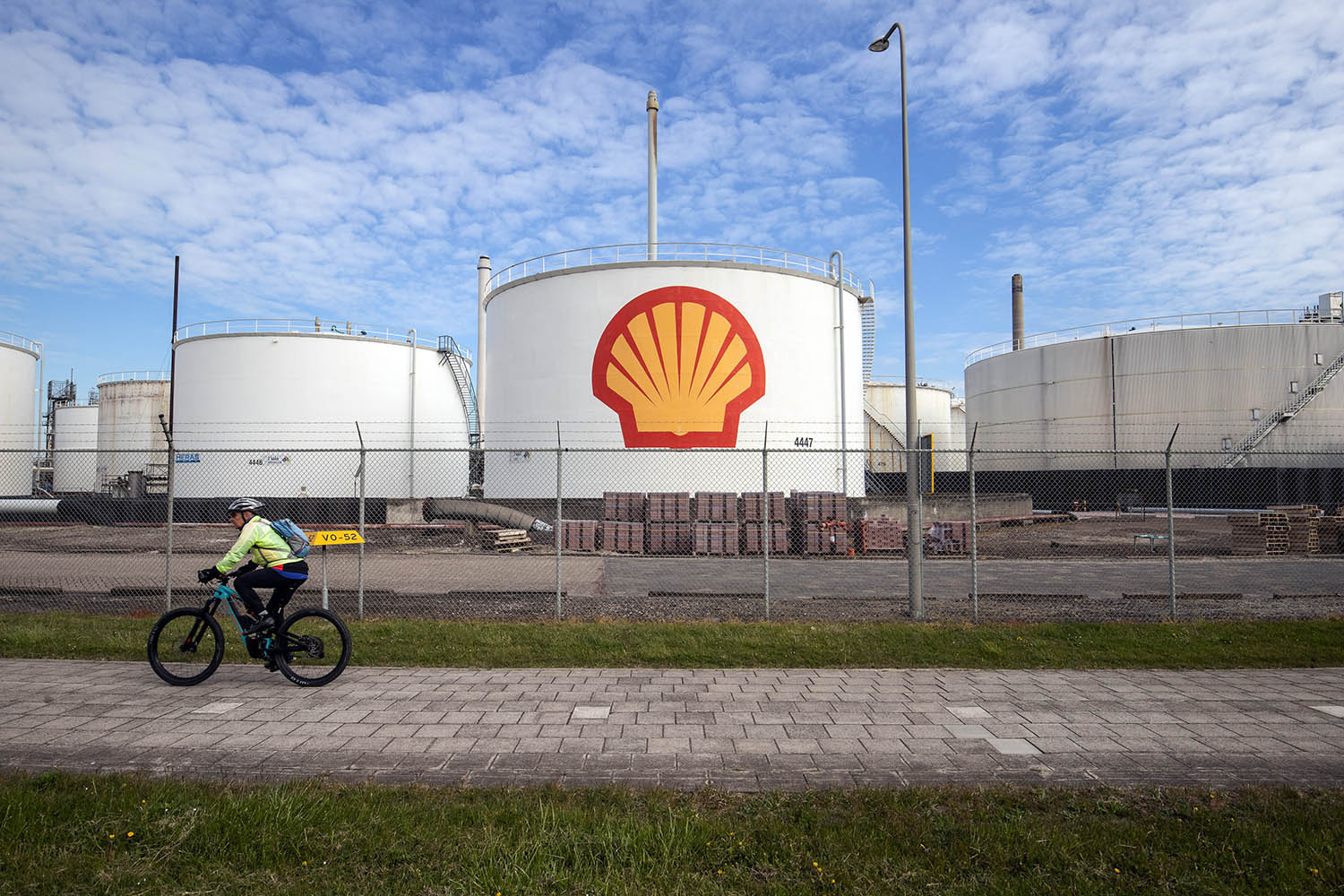Speculation rose then rapidly fell last week over a potential Shell acquisition of BP, which would have created one of the world’s most valuable oil and gas companies behind leaders Saudi Aramco and Exxon Mobil. The speed and decisiveness with which Shell quashed the rumours spoke volumes. This is no longer a company much interested in getting bigger. The Anglo-Dutch giant’s strategy is to disappear as profitably as possible.
It is pursuing this strategy in two main ways. First, ending its expensive efforts to develop renewable alternatives to fossil fuel energy. Second, returning money to its shareholders by buying back huge amounts of its own shares. It has spent at least $36bn on its own shares in the past three years – with its riding share price during that time suggesting its shareholders like the strategy. In March, it outlined plans to buy back around 40% of its shares over the next five years.
Share buybacks are increasingly popular with company bosses, not least because they raise earnings per share measures that are often linked to executive salaries. Having initially boomed in the US, they are now surging this side of the Atlantic. Critics complain that they show a lack of ambition: surely the money should be reinvested in good ideas for future growth, not handed back to shareholders?
But, as Harry Benham has pointed out in his excellent blog, the Manufacturing of Energy, viewed through the lens of the transition to a post-carbon economy, the buybacks by Shell and the several other oil majors that are doing the same are surely a good thing – far better than splashing the money on finding and developing new oil and gas fields. Or on developing renewable energy alternatives, a task surely best done by firms that are truly committed to ending the oil age.
Photograph by Bloomberg/Getty
Newsletters
Choose the newsletters you want to receive
View more
For information about how The Observer protects your data, read our Privacy Policy

